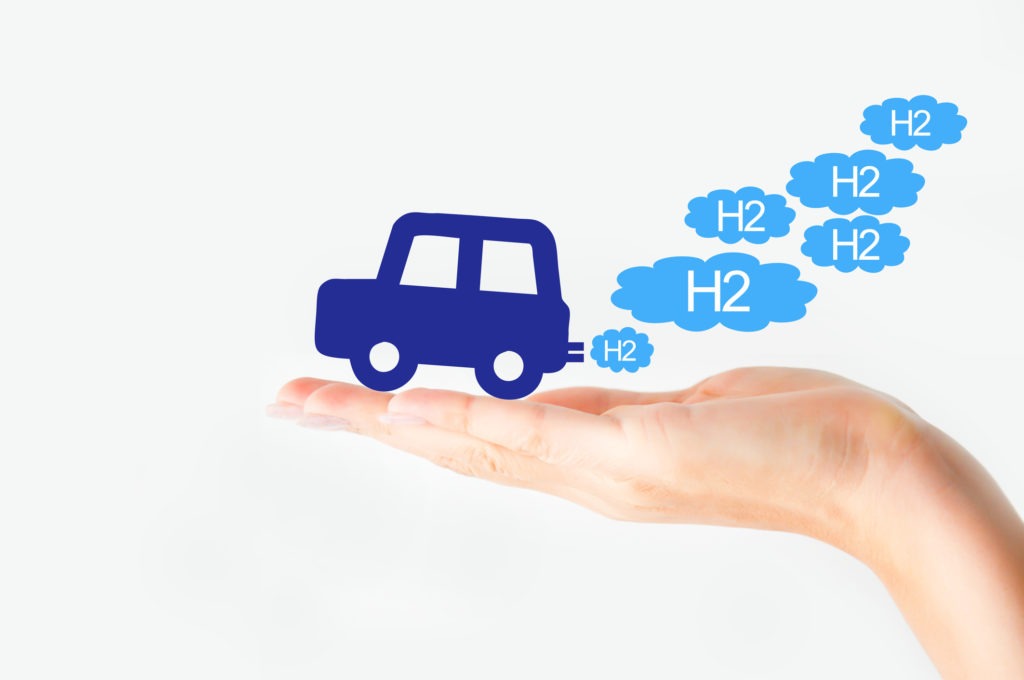Daimler continues hydrogen investment as Geely buys shares
07 February 2018

7 February 2018
Daimler is keeping its future mobility plans open, ensuring the development of hydrogen fuel cell vehicles (FCV) is kept running alongside its electric vehicle (EV) plans.
While most manufacturers are developing electric technology, which is a proven market albeit with small sales figures, and has an infrastructure in place and growing, not many are pursuing hydrogen plans. The technology offers drivers an almost like-for-like driving experience with petrol and diesel regarding range, with the emissions and power profiles of electric.
Daimler introduced its Mercedes-Benz GLC F-Cell at the IAA in Frankfurt last year, combining a fuel cell with battery technology to produce a plug-in hybrid vehicle (PHEV) which would make the most of its driving range. However, the company has suggested that EVs will account for up to 25% of its global sales by 2025. This raises the question of why the German carmaker is continuing with hydrogen development.
′We will scale, in terms of going into tens and hundreds of thousands of production, the battery-electric vehicles first,’ Ola Kaellenius, Daimler board member in charge of R&D, said at the Detroit motor show. ′But we will keep the fuel cell in development, so we have this technological option should there be a shift in the market in this direction.’
Kaellenius termed fuel cells an “interesting technology for the future,” especially for larger vehicles because they have better energy density than battery-electric vehicles.
′It’s conceivable that the next generation of fuel cells could go into a bus instead,’ Kaellenius said. ′In the winter, heating the bus requires a lot of energy, and a combination between an electric drive and a fuel cell could be a better option.’
In November last year, a number of manufacturers came together to back the development of hydrogen vehicles.
At the time, Jochen Hermann, head of development of electric drives at Mercedes-Benz, commented on Daimler’s drive vision: ′Hydrogen is a pillar of our low-energy strategy.’
As early as the year 2030, a study by McKinsey expects a rise in the number of hydrogen-powered vehicles to make them a relevant technology, especially in California, Japan, Germany and South Korea. Then, every twelfth car sold could have a fuel cell.
The development of alternative technologies has seen Chinese motor manufacturer Geely buy shares in Daimler, according to reports. The size of the stake the company has purchased in unclear but is likely to be below 3% as this threshold would require a regulatory disclosure in Germany.
According to Automotive News, people with knowledge of Geely’s thinking have said the company is keen to access Daimler’s electric car battery technology and wants to establish an electric car joint venture in Wuhan, the capital of China’s Hubei province.
Carmakers in China have come under pressure to ramp up production of battery electric and hybrid vehicles ahead of tough new quotas to be imposed by Beijing, which wants to reduce urban smog and lower the country’s reliance on oil.
Geely hopes Daimler will see the mutual benefits of a partnership to scale up production of electric car components, as China tightens the screws on combustion-only vehicles, a second source familiar with the matter said.